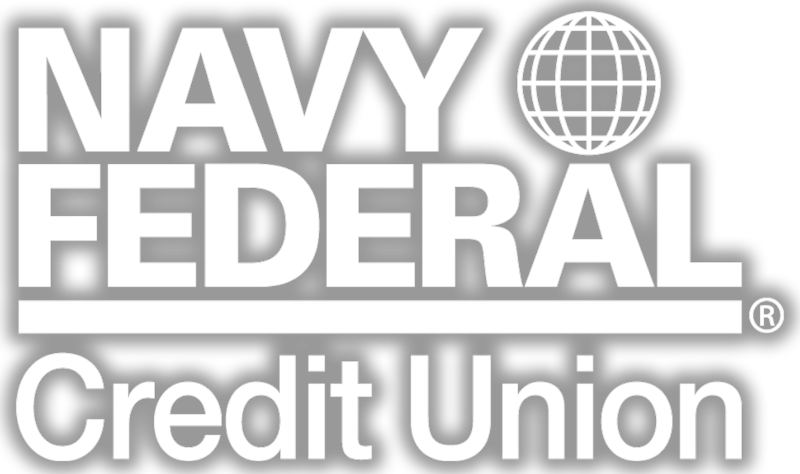If you're interested in furthering your education or are returning to school, there are several military programs that help service members pay for higher education. Whether you're still active duty, or transitioning back to civilian life, preparing for school can be overwhelming. But don't worry — there are financial resources available to help.
The number of veterans using educational benefits across the country increased by about 67 percent between 2009 and 2012, according to McClatchy DC. Taking advantage of these incentives can help you transition to your second career. Before you hit the books, you should know what you're eligible for and how you should prepare your budget.
Post-9/11 GI Bill
Perhaps the most well-known educational benefit for service members is the Post-9/11 GI Bill, which helps active duty, National Guard/Reserves, and veterans further their schooling. Through this program and depending on the length of your service, you may be eligible for fully paid tuition, housing allowance and a stipend for educational expenses. If you decide not to use the benefits for your own education, you can transfer them to your spouse or children, although restrictions do apply. After you leave service, you have 15 years to use your education benefits, so plan ahead!
The Monthly Housing Allowance (MHA) provided through the Post-9/11 GI Bill is similar to the military Basic Allowance for Housing (BAH). The allowance amount is based on your school's zip code, assuming that you'll be living in the area, and is equal to the BAH of a military E-5 with dependents. The Post-9/11 GI Bill also covers a stipend of up to $1,000 per year for educational supplies such as textbooks or a laptop. The Department of Veterans Affairs can help you select a program and determine which benefits you're eligible for.


Montgomery GI Bill
Veterans who contributed $1,200 to the Montgomery GI Bill while on active duty can get funding for higher education and training. These funds can be used for degree programs, flight training, entrepreneurship training and other professional licenses. The Montgomery GI Bill is divided into four categories depending on your contribution levels and length of service. You can find out how these programs compare on Vets.gov.
The GI Bill Kicker
Each branch of service offers additional incentives and financial assistance on top of the Post-9/11 or Montgomery GI Bill benefits, however, there are a few requirements. Your branch — not the Department of Veteran's Affairs — will determine if you're eligible and how much funding you may receive. The dollar amount you receive is based off a variety of things — including when you joined, the length of your enlistment contract, your branch of service, the job you chose, and where you were stationed.
Financial Aid
Completing the Free Application for Federal Student Aid (FAFSA) is one of the most important steps to receiving financial assistance for degree programs, outside of military funding. Depending on your income and size of your household, you may be eligible for need-based loans and grants.
Be sure to contact your school's financial aid office to inquire about additional scholarships and grants that may be available for service members. Many institutions have additional programs for these purposes. The school's financial aid counselor can help walk you through the process of applying for financial aid if VA benefits don't cover the full cost of going to back to school.
Time to Budget
Finally, estimate the costs of your personal expenses during school. This includes eating out, transportation, housing and utilities and your "fun money." You may need to cut back on unnecessary expenses while in school to limit your debt burden. Once you know how much you'll need to spend on a monthly basis, you'll be ready to create a budget worthy of an "A+."
Figuring out how to afford college as either while still serving, or out of uniform, can seem overwhelming, but there are plenty of resources that can help. If you aren't sure how to fit school into your current financial situation, you can contact your financial institution to talk to someone who can help you figure out the day-to-day realities of paying for school. If you'll need loans to finance the rest of your education, there are private student loan options to round out your payment plan if financial assistance isn't enough. Once your finances are squared away, time to hit the books!
Federally Insured by NCUA.
This story is produced and presented by our sponsor, Navy Federal Credit Union.






